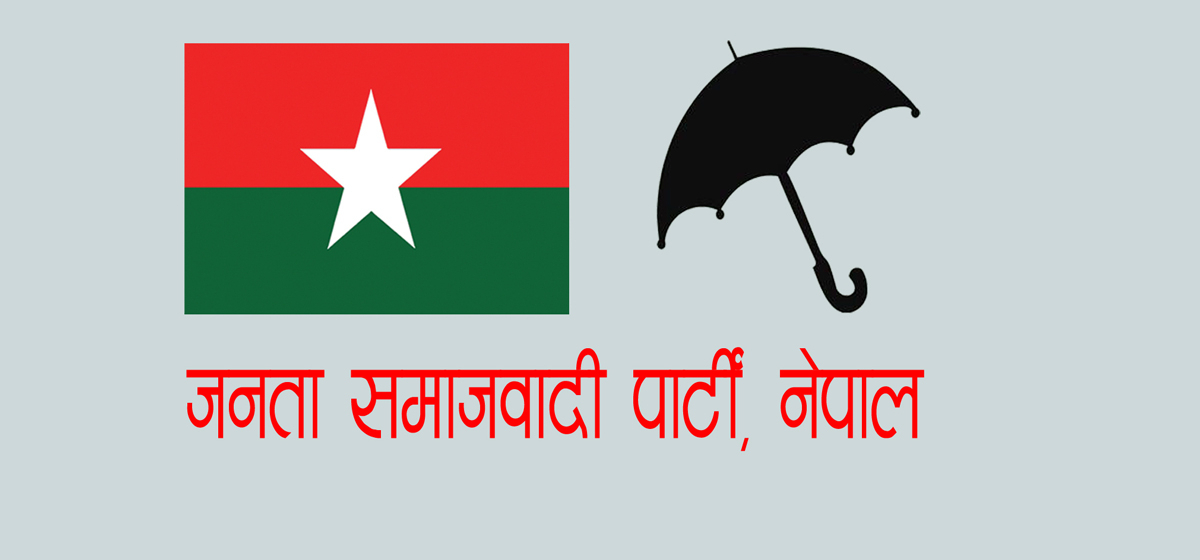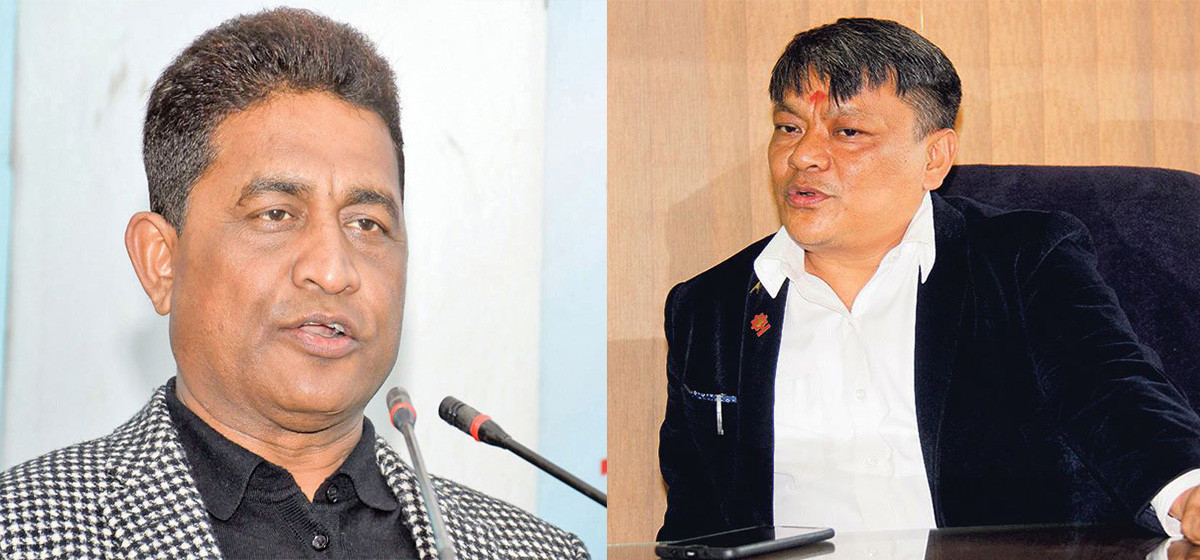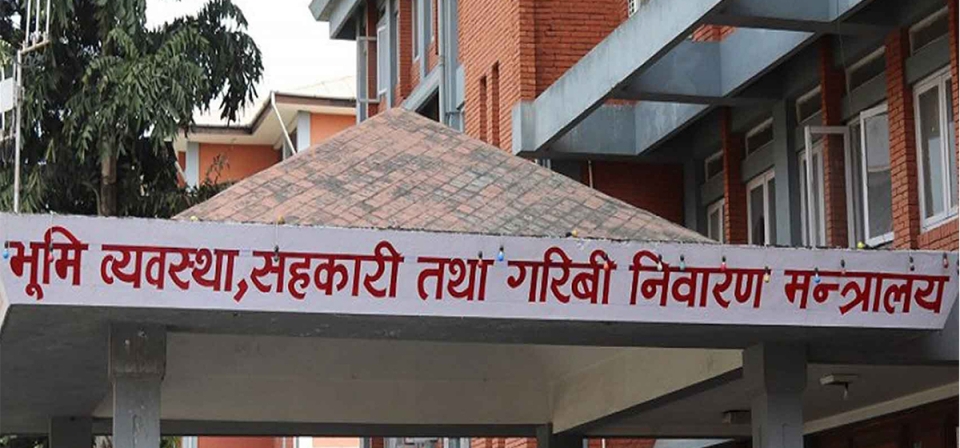
OR
The Speaker must be impartial
Published On: July 17, 2019 02:00 AM NPT By: Republica | @RepublicaNepal
The Speaker of House of Representatives is a neutral arbiter. S/he is supposed to stand above all biases and prejudices. Once elected to that coveted post, s/he should not be guided by his/her past political affiliation, for s/he belongs to all the parties represented in the parliament and thereby to all the people and the country. This is why the Speaker should not be seen favoring one political group over other whether it comes to allocating time for the parliamentarians to raise public concern or conducting the business of the House. This is precisely where Speaker Krishna Bahadur Mahara seems to be failing in recent times. Or at least, this is the impression among main opposition Nepali Congress.
On Monday, for example, he deferred the House meeting for over a week allegedly under the pressure from the government. Yes, Nepali Congress and Rastriya Janata Party Nepal (RJPN)—two opposition parties—had been obstructing the parliamentary proceedings for a week but they were ready to lift it to discuss floods and landslides rescue and relief efforts. But he deferred the meeting until July 24 through a notice. He should not have done that for the whole nation is struggling to come to terms with the loss caused by floods, landslides and inundations which together have killed over 70 people and left thousands of people homeless. In this situation, the parliamentarians should have been allowed to comment on government’s relief and rescue efforts and discuss the ways to make relief operations more effective and meaningful. Feedback from opposition bench would have helped the government to correct its shortcomings, if any. Apparently, the Speaker was trying to allow Home Minister to brief the parliament about the disaster but opposition leaders insisted that they are allowed to speak first. Yet, the Speaker should have been able to sort this matter out through consultation. Opposition leaders claim the Speaker deferred the House meeting to avoid criticism over the government’s delay in rescue and relief as well as its failure to take precautionary measures.
Opposition leaders have long been questioning the role of the Speaker. They claim that Mahara has not been able to rise above past political affiliation and is acting more like the member of ruling Nepal Communist Party. They accuse Mahara of allocating less time to opposition leaders. Mahara also failed to resolve the issue of who should speak first in the parliament—main opposition leader Sher Bahadur Deuba or Prime Minister K P Sharma Oli on June 18. In this, Mahara could have played an instrumental role to resolve the debate. In Monday’s case, not only opposition leaders but also the leaders from ruling party seem unhappy. It is the Speaker who controls the parliament. And as such he has to be able enough to ensure that the House is not held hostage because of competing claims of ruling and opposition party. He should also be able to properly manage ruling and opposition party. Yes, there is a tendency among Nepali political parties to unnecessary obstruct House proceedings. Yet, the Speaker from his side should be seen to do justice to both ruling and opposition parties in the parliament. If he did that he would not have to bear the accusation that he is biased.
You May Like This

Probe budget misuse by users’ groups
Users’ groups have remained integral to Nepal’s local development initiatives. ... Read More...

Youths are killing themselves. Save them
What kills Nepalis? Nepal has markedly reduced maternal and child mortality rate and fewer people die because of lack of... Read More...

Make Nepal shine in Davos
Prime Minister K P Sharma Oli left for Davos, Switzerland on Sunday for the annual meeting of the World Economic... Read More...






Just In
- JSP Central Executive Committee meeting being held today to discuss national convention representative election guidelines
- KMC adjust office hours, services now start at 9AM
- Five-match T20 series: first match between West Indies 'A' and Nepal starts today
- Govt yet to pay Rs 60 billion to contractors
- Nepal’s poorest district identified as Bajura, richest as Mustang
- Wind storm likely at a few places of Koshi and Sudurpaschim
- EVs adoption in Nepal surge in Nepal with government support measures
- Mayors' Forum urges Finance Minister Pun to settle electricity dues












Leave A Comment